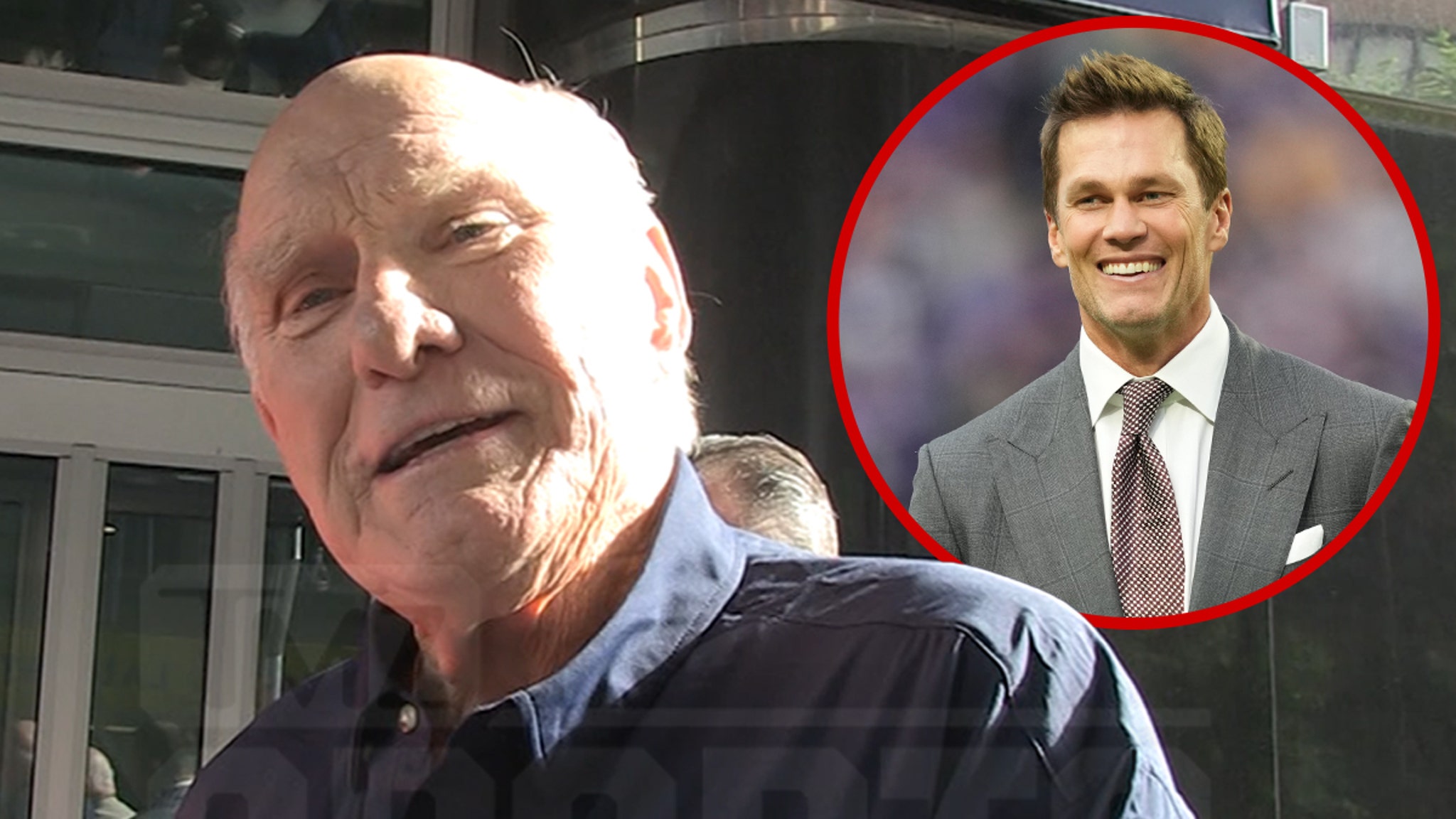Is Alan Davies' Most Personal Comedy Show Worrying His Wife?

Published: 2025-09-21 06:00:00 | Category: Entertainment
Alan Davies, the beloved comedian and QI star, returns to stand-up with his most personal show yet, confronting childhood trauma while balancing humour and vulnerability. In "Think Ahead," he delves into his past, addressing serious topics such as abuse and mental health, while showcasing his signature comedic style.
Last updated: 20 October 2023 (BST)
Key Takeaways
- Alan Davies explores personal trauma and mental health in his new stand-up show, "Think Ahead."
- He reflects on the disparity between his public persona and private struggles.
- Davies shares his experience of childhood sexual abuse for the first time on stage.
- His interactions with the audience reveal the impact of personal stories on comedy.
- The show addresses broader themes like fame, male aggression, and the complexities of emotional expression.
The Return to Stand-Up
After a decade-long hiatus from stand-up, Alan Davies has made a significant return with "Think Ahead." This show marks a pivotal moment for him, merging comedy with intense personal narratives. While his previous performances were often light-hearted and family-oriented, this time, Davies is stepping into deeper waters.
Why Now?
As Davies approaches his 60th birthday, he feels a pressing need to share more of himself with his audience. The metaphor of a cake, which he uses to describe his on-stage persona, reflects his desire to bridge the gap between his public image and his inner self. "The cake that I’m putting on stage is not the same. It’s like the ingredients aren’t there," he explains, underscoring the complexity of his journey as a performer.
The Personal Journey
In "Think Ahead," Davies does not shy away from discussing his traumatic childhood experiences, including sexual abuse. This candidness is not just a personal catharsis; it’s intended to resonate with others who may have faced similar hardships. "It’s a comedy show. I’ve always had this view of stand-up: whatever your opinions are, whatever you want to say, you have to buy the time from the audience by being really funny at the start," he shares, establishing the balance he strives for between humour and heavy subject matter.
Physical Responses and Mental Health
During performances, Davies has found himself physically affected by the material. He has experienced symptoms of post-traumatic stress disorder (PTSD) as he recounts his past. "I thought, well, this is the reality of this experience for lots and lots of people," he reflects, suggesting that his experiences are not isolated but part of a larger societal issue.
The Audience Connection
Davies is acutely aware of the connection he forges with his audience. He often finds himself in conversations with attendees who share their own stories of trauma. "People do come up to me and say, 'That happened to me, or that happened to my friend,'" he recounts. His response is simple but meaningful: "Thank you for telling me." This exchange illustrates the communal aspect of his performances, where shared experiences can lead to healing and understanding.
Men and Emotional Expression
Addressing the stereotype that men often suppress their feelings, Davies acknowledges that many struggle with vulnerability. He highlights the difficulties men face in opening up about their emotions, particularly in the context of familial relationships. "Trusting the people who love you is very difficult for lots of people, I think," he says, indicating that unresolved trauma can hinder personal connections.
Challenges of Fame
Fame brings its own set of challenges, as illustrated by an unsettling encounter Davies had with a stranger on the street. This incident, although minor, left a lasting impression on him. "I thought, God, I haven’t had this for years," he comments, reflecting on how sudden negativity can disrupt the mental peace he has cultivated. This experience is woven into the fabric of his show, where themes of fame, aggression, and mental health interconnect.
The Balance of Comedy and Drama
Davies' ability to navigate the line between comedy and drama is a testament to his skill as a performer. He notes that the expectation for comedians to share their deepest secrets on stage has grown over the years. This shift has seen artists like Phoebe Waller-Bridge and Richard Gadd explore their vulnerabilities in ways that resonate deeply with audiences. "It's kind of the point," he states, acknowledging the power of storytelling in stand-up.
The Future of Davies’ Comedy
As he embarks on a tour across the UK, Davies expresses hope that his journey will lead to greater understanding and support for others dealing with trauma. He’s committed to continuing this path, despite the emotional toll it may take on him. "I feel better about the sort of things I’m writing and talking about," he asserts, embracing the complexity of his narrative while remaining open to the challenges ahead.
What’s Next?
Looking to the future, Davies is considering the impact of his work. "Imagine if I wrote it all down and put it in a box and said, publish after I die, and then I died, and then people read it went, 'Oh, my God, I didn’t know that about him,'" he muses. This thought encapsulates his desire for authenticity and connection in his comedic journey.
Conclusion
Alan Davies’ "Think Ahead" is not just a return to form; it’s a courageous exploration of personal trauma, mental health, and the intricacies of human relationships. As he balances humour with vulnerability, he invites audiences into a shared space of understanding and empathy. This journey is both personal and universal, challenging the stigma around male emotional expression and the importance of addressing difficult subjects through comedy.
As audiences prepare to experience his new material, one must ponder: how can comedy serve as a bridge for healing and understanding in our lives? #AlanDavies #ThinkAhead #ComedyAndHealing
FAQs
What is the theme of Alan Davies' stand-up show "Think Ahead"?
The theme revolves around personal trauma, mental health issues, and the complexities of fame, while blending humour with serious topics such as childhood abuse.
Why has Alan Davies decided to return to stand-up after a decade?
Davies feels a strong need to share his personal experiences and connect with audiences on a deeper level, as he approaches his 60th birthday.
How does Alan Davies connect with his audience during performances?
He engages with the audience by sharing personal stories and encouraging them to open up about their experiences, fostering a sense of community and understanding.
What challenges does Davies face while discussing his past on stage?
Davies experiences physical symptoms of PTSD and emotional difficulty when recounting his traumatic experiences, which adds a layer of complexity to his performances.
What impact does Davies hope to achieve with his show?
He aims to raise awareness around trauma and mental health, allowing others to feel seen and heard through his experiences and storytelling.



